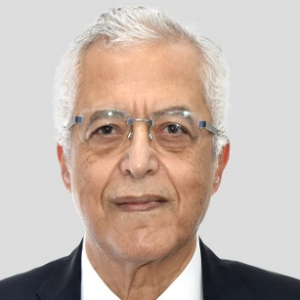Cell Culture
Cell culture is a term used to describe laboratory techniques that allow eukaryotic or prokaryotic cells to develop in physiological settings. It was first used to research tissue growth and maturation, virus biology and vaccine creation, the function of genes in illness and health, and the utilization of large-scale hybrid cell lines to manufacture biopharmaceuticals in the early twentieth century. Cultured cells have as many experimental uses as there are cell types that can be produced in vitro. Cell culture is most typically used in clinical settings to create model systems for studying basic cell biology, replicating disease mechanisms, or testing the toxicity of new therapeutic molecules. The ability to modify genes and molecular pathways is one of the benefits of employing cell culture for these applications. Furthermore, the homogeneity of clonal cell populations or specific cell types, as well as well-defined culture systems, eliminates interfering genetic or environmental variables, allowing for high reproducibility and consistency in data generation that is impossible to guarantee when studying whole organ systems. In the exploration of basic scientific and translational research concerns, cell culture is a very versatile technique. The uniformity of cell lines and the associated reproducibility of data obtained are advantages of using them in scientific study.

Nagy Habib
Imperial College London, United Kingdom
Lucie Bacakova
Institute of Physiology of the Czech Academy of Sciences, Czech Republic



Title : AI-integrated high-throughput tissue-chip for space-based biomanufacturing applications
Kunal Mitra, Florida Tech, United States
Title : Stem cell technologies to integrate biodesign related tissue engineering within the frame of cell based regenerative medicine: towards the preventive therapeutic and rehabilitative resources and benefits
Sergey Suchkov, N.D. Zelinskii Institute for Organic Chemistry of the Russian Academy of Sciences, Russian Federation
Title : In vitro evaluation of lyophilized Dedifferentiated Fat cells (DFAT) impregnated artificial dermis
Kazutaka Soejima, Nihon University, School of Medicine, Japan
Title :
Nagy Habib, Imperial College London, United Kingdom
Title :
Alexander Seifalian, Nanotechnology & Regenerative Medicine Commercialisation Centre, United Kingdom
Title : The regenerative medicine of the future
Marco Polettini, DVM, Italy